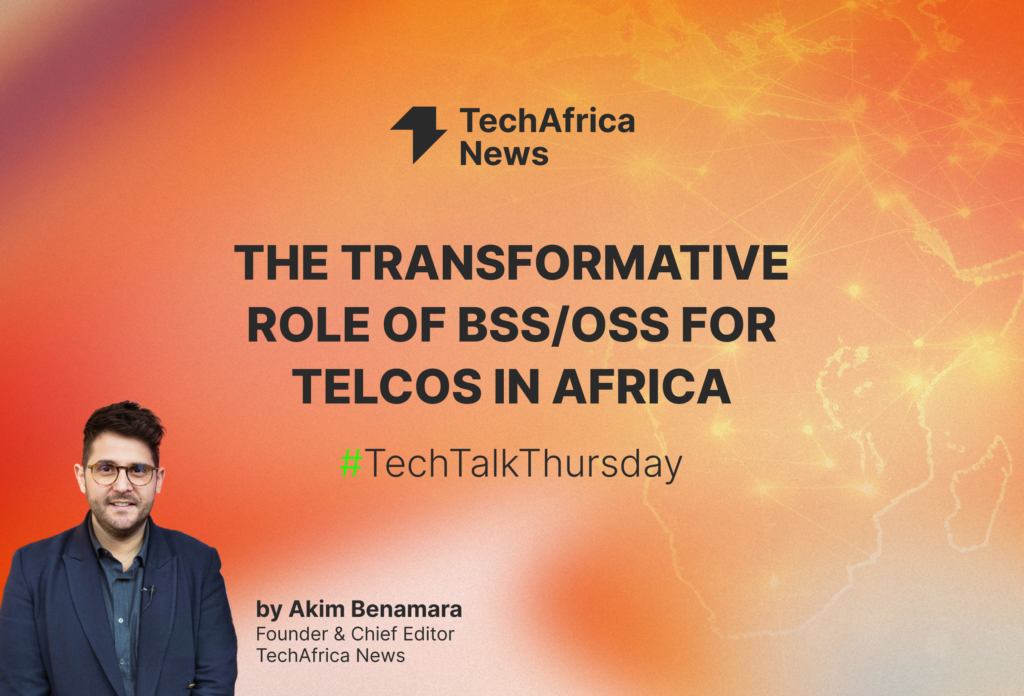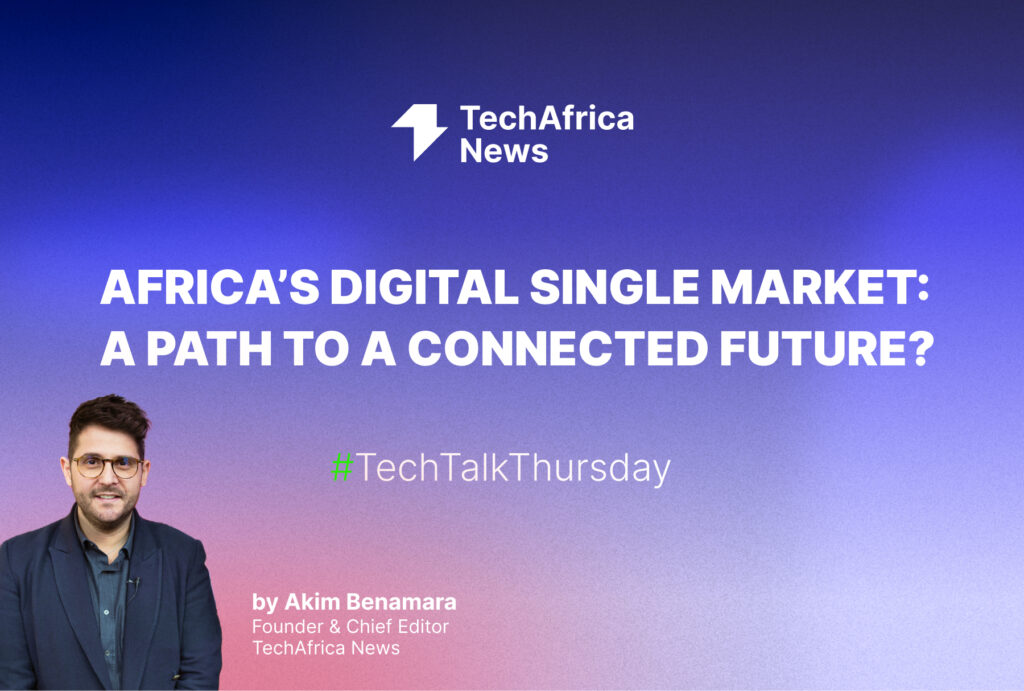The Nigerian Telecommunications and Information Services Sector Continues to Drive Economic Growth

The telecommunications and information services sector in Nigeria has made a significant financial contribution to the nation’s gross domestic product (GDP) in the first quarter of 2023. According to data released by the National Bureau of Statistics (NBS), the sector delivered an impressive N2.508 trillion, accounting for 14.13% of the GDP. This represents a 4.3% increase from the previous quarter and a positive year-on-year growth of 9.19%.
The telecom industry’s contribution to the GDP was calculated from 46 sectors, highlighting the significant role it plays in the overall economy. This positive outlook can be attributed to the innovative and predictable regulatory environment created by the Nigerian Communications Commission (NCC).
One noteworthy achievement during this period was the generation of $820.8 million for the federal government from 5G spectrum license fees paid by operators such as MTN, MAFAB, and Airtel. MTN and MAFAB have already launched their 5G services, while Airtel is set to launch its services in June 2023.
Additionally, the sector saw the introduction of Starlinks broadband services, a satellite-based wireless broadband service with the potential for nationwide coverage. This came after SpaceX, owned by Elon Musk, received a license from the Nigerian Communications Commission. The availability of these services in various parts of the country has further boosted connectivity.
The telecom industry’s growth is evident in the impressive statistics. As of April 2023, the number of phone subscribers reached 223.6 million, with a teledensity of 117%. Internet subscribers stood at 157 million, while broadband subscriptions reached 92 million, reflecting a 48% broadband penetration rate in the country.
These figures showcase the resilience and positive impact of the telecommunications and information services sector on Nigeria’s economy. As the industry continues to innovate and expand its reach, it is poised to contribute even more significantly to the nation’s growth and development.
Image by senivpetro on Freepik






